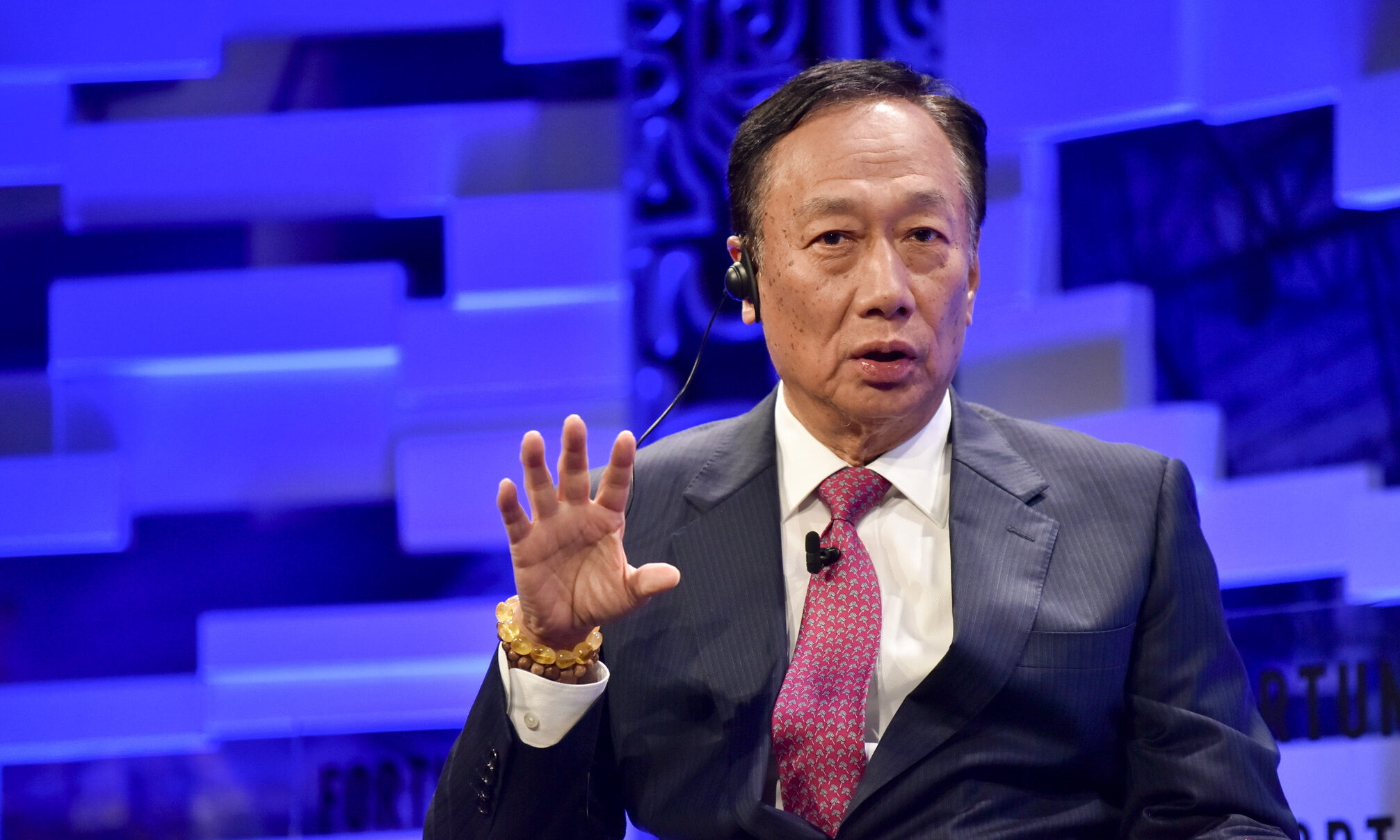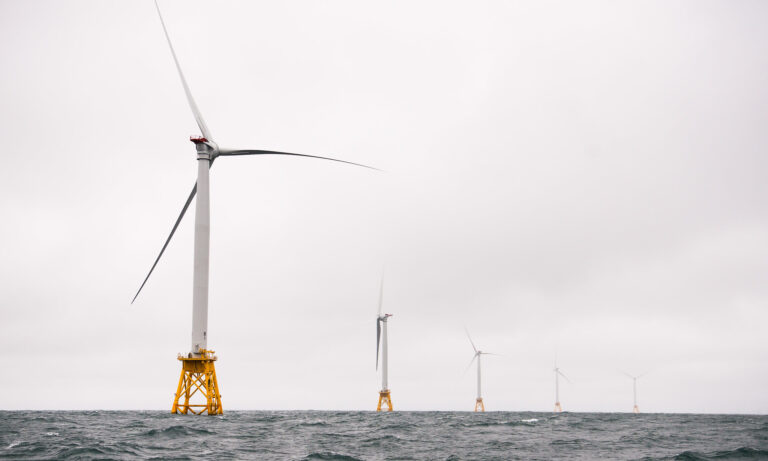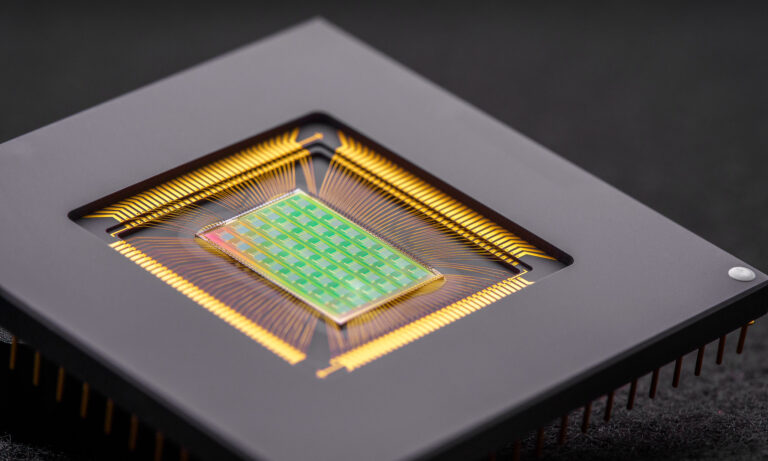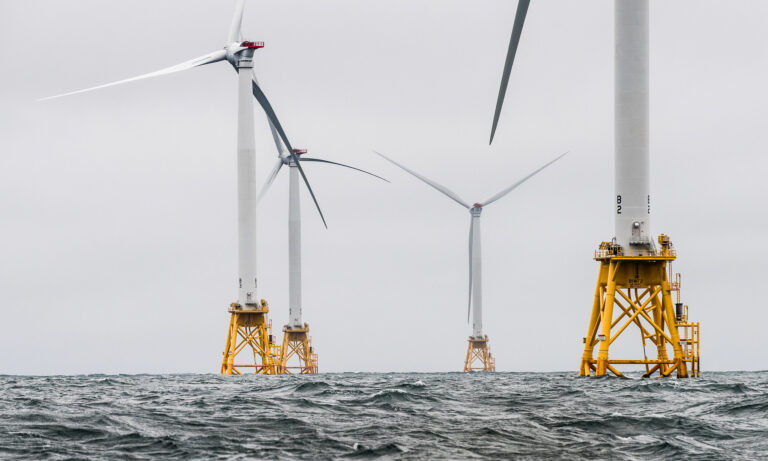
On August 28, Terry Gou announced his bid for Taiwan’s presidency after having failed for the second time to be nominated as the Kuomintang’s (KMT) presidential candidate earlier this year. The 72-year-old billionaire is dedicating his candidacy to unifying Taiwan’s opposition parties against the ruling DPP party and fostering better ties with China.
This article is part of a series of articles authored by young, aspiring China scholars under the Future CHOICE initiative.
Although Terry Gou’s decision to run as an independent candidate came as a surprise to no one, his stated primary goal of unifying Taiwan’s opposition parties caused a lot of confusion and frustration within the pan-blue (KMT) and pan-white (TPP) camps.
According to Taiwan People’s Party candidate, Ko Wen-je, Terry Gou’s bid, which will inherently split the pro-opposition votes into three, will guarantee the election of Lai Ching-te (DPP). Voices of criticism also echoed from within the KMT itself. The party released a statement expressing their “extreme regret” regarding Gou’s candidacy, with KMT Chair Eric Chu stating that the DPP must have welcomed and celebrated Gou’s announcement.
‘Taiwan’s CEO’ Meets Xi Jinping
Terry Gou, the son of Chinese immigrants who arrived in Taiwan in 1949 with the KMT, is seen as a self-made man. Coming from a humble background, he worked several factory jobs before he founded Hon Hai Precision Industry Co., Ltd., also known as Foxconn, in 1974.
Today, Foxconn is the world’s largest electronics manufacturer, with many of its factories located in China and employing around 1 million people. In 2019, Gou stepped down from the role of the company’s chairman and is no longer involved in its day-to-day activities. Instead, he joined the KMT and has been, to this day, aiming to use his entrepreneurial skills to become Taiwan’s next president. Among his promises are to more than double the island’s economic growth and help Taiwan attain the highest GDP per capita in Asia within the next decade.
During his years of commercial success, Gou managed to create deep connections with high-ranking officials and businessmen. As such, it comes as no surprise that the billionaire’s network reached as high as that of Chinese President Xi Jinping, whom he met in 2014, and former US President Donald Trump, with whom he is said to have forged a personal friendship.
In line with the KMT’s official position, Terry Gou represents a pro-China approach and recognizes the 1992 Consensus (九二共識) as a framework according to which Taiwan should manage its ties with Beijing. In Gou’s opinion, the 1992 Consensus enabled the island to reap many benefits from directly working with China, including massive investment opportunities, large-scale trade growth, economic development, direct flights, and tourism opportunities, as well as “a sense of optimism about a peaceful future.”
Earlier this summer, the Foxconn founder also advocated for negotiating a One-China framework, largely based on the 1992 Consensus, to maintain peace and stability across the Strait and resume relations with the mainland. The current DPP government, however, has categorically rejected this and criticized Gou for being unaware of China’s political plans against the island.
During both of Gou’s attempts to get nominated for a presidential candidacy in 2014 and 2023, the Foxconn founder caught a lot of flak over his close ties to China. Many within the KMT argued that his business ties with the Mainland may prove to be a liability in attracting voters. If elected as Taiwan’s next president, his Foxconn holdings across the Strait could present China with a significant amount of leverage over Gou’s actions and decisions, which would likely run counter to the general public’s preferences.
Gou has also been publicly criticized for a statement he made back in 2014, saying that “democracy does not bring food to the table.” Additionally, the Taiwan Mainland Affairs Council (MAC), responsible for handling cross-strait relations, has condemned Gou’s continuous efforts to bring Taiwan to adhere to the 1992 Consensus and his One-China framework initiative. The Council has argued that Gou either lacks a comprehensive understanding of China’s strategy against the island or is actively trying to portray China in a positive light.
Unifying the Opposition
On his part, Gou has severely criticized the DPP, both with regards to its foreign policy towards China and its domestic policies. In his July op-ed for The Washington Post, Gou argued that the DPP’s “reckless rhetoric” and “provocative actions”, including the recent purchase of weaponry from the United States, have brought Taiwan to the verge of war and limited the potential for greater economic cooperation with the mainland. Using his experience of having been stationed on Kinmen, a small Taiwanese island located near China’s coast, 50 years ago, Gou pledged to bring greater peace, stability, and prosperity to Taiwan. For the Foxconn founder, a part of this task also includes restarting direct talks with China and actively cooperating with the Beijing government.
Earlier this year, Gou held a university speech in which he denounced the current government’s cross-strait policies and argued that for China, unification with Taiwan does not represent its top priority. Instead, he believes that Taiwan and China have the potential to build amicable relations and maintain the status quo across the strait. However, to do so, he believes the DPP must refrain from recklessly playing around with the idea of independence.
As a result, Gou perceives his primary role in the upcoming elections as a unifying force between the KMT and the TPP, consolidating both parties’ interests. Gou has argued that after losing the nomination to his fellow KMT member, Hou Yu-ih, he has put a lot of effort into aligning the KMT’s and the TPP’s interests. However, according to his announcement speech, the two parties have instead pursued their separate paths, which has weakened the opposition’s chances of dethroning the DPP.
Although his plans for unifying the opposition remain vague, some experts argue that there are two ways in which he could achieve his goal. Either he will use the potential impact of his candidacy as leverage to force a deal between the KMT and the TPP to create a united front against the ruling DPP, or he will remain in the race and try to convince voters to put their faith in him. However, according to a poll averaging the results of surveys taken after Gou announced his candidacy, the second option is unlikely to be successful as Gou currently holds last place with an overall support of 14.5 percent.
A Race to Attract Voters
Since Gou is running as an independent candidate without the backing of a specific political party, he will need to obtain around 290,000 signatures to be eligible to officially enter the race. This amounts to about 1.5 percent of Taiwan’s voting population.
However, even if he manages to obtain the required votes, gaining broader support from Taiwanese voters might prove difficult. With rising tensions across the strait, the Taiwanese public seems to be leaning towards more moderate candidates. Gou is also likely to face barriers in attracting support from the KMT, as the party itself has stated that any member who publicly displays support for Gou will be held accountable and face disciplinary measures.
Gou’s candidacy has further energized the campaign to attract voters. While DPP’s Lai is currently leading the polls, Ko Wen-je of the TPP has attracted a significant number of younger voters, who are particularly supportive of his domestic policies focused on improving Taiwan’s housing and unemployment situation. According to a My-Formosa poll, Gou is most likely to draw voters from the KMT and TPP camps, while only 0.6 percent of Lai’s supporters are predicted to lean towards him.
The Foxconn founder has until November 20–24 to collect the required votes and register at the Central Election Committee. Though the poll numbers are likely to change significantly throughout the candidates’ political campaigns, Terry Gou’s candidacy is expected to significantly reduce the opposition’s chance of winning the elections and replacing the DPP. If the opposition does manage to unite, Lai and the DPP could face a serious challenge. So far, however, this seems unlikely, as Ko Wen-je has stated that he will continue his candidacy, while the KMT is unlikely to budge and rally behind a candidate that it did not nominate.
Written by
Dominika Urhová
DUrhovaDominika Urhová is a China Analyst at AMO, specializing in China's foreign policy, Cross-Strait relations and China's influence in the Middle East and the Western Balkans. In the past, she contributed to the Middle East Policy Journal and to the research outputs of the Observer Research Foundation. Dominika holds a Master's degree in Security Studies and Diplomacy from Tel Aviv University and a Bachelor's degree in Development Studies with a concentration in Economic Development from Lund University in Sweden.


